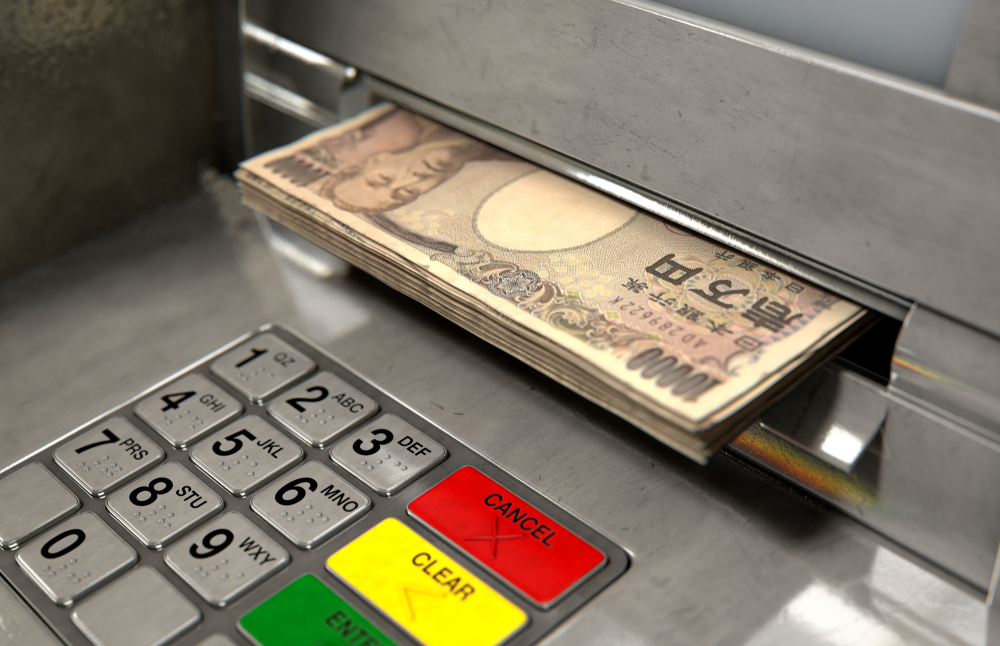
- ARAB NEWS
- 09 Jul 2025

TOKYO: The Bank of Japan on Thursday raised its growth forecast for Japan’s core consumer price index for fiscal 2022 to 2.3 percent from the 1.9 percent estimated in April while deciding to keep its current ultraeasy monetary policy unchanged.
The upward revision of the CPI forecast, shown in the BOJ’s quarterly Outlook for Economic Activity and Prices report, which was adopted at the bank’s two-day Policy Board meeting through the day, reflected higher energy and materials prices attributable to Russia’s invasion of Ukraine as well as the impact of the yen’s recent rapid weakening.
The BOJ’s inflation forecast topped 2 percent for the first time since comparable data became available in fiscal 2003, except for fiscal 2014, when prices in the nation rose due to the consumption tax hike from 8 percent to 10 percent.
If the revised forecast for fiscal 2022 comes true, the BOJ would achieve its 2 percent inflation target on a fiscal year basis.
The central bank also raised its growth projection for the core CPI, which excludes fresh food prices, to 1.4 percent from 1.1 percent for fiscal 2023 and to 1.3 percent from 1.1 percent for fiscal 2024.
Meanwhile, the BOJ lowered its forecast for the country’s real gross domestic product growth to 2.4 pct from 2.9 percent for fiscal 2022, which ends next March. The GDP growth outlook was raised to 2.0 percent from 1.9 percent for fiscal 2023 and to 1.3 percent from 1.1 percent for fiscal 2024.
The Policy Board voted eight to one to keep the bank’s short-term policy interest rate at minus 0.1 percent and continue guiding 10-year Japanese government bond yields to around zero percent.
Japan’s economy “has picked up” as the impact of the COVID-19 crisis is waning although economic activity has been affected by factors including higher commodity prices, the BOJ said in the quarterly report.
For the time being, risks will be skewed to the downside for economic activity and to the upside for prices, the bank said.
While closely monitoring the impact of the novel coronavirus pandemic, the BOJ will work to support financing, mainly of firms, and maintain financial market stability, and “will not hesitate to take additional easing measures if necessary,” it said.
At the two-day monetary policy meeting, members of the board, including BOJ Governor Haruhiko Kuroda, examined impacts of surging materials prices on corporate earnings and those of recent food price hikes on private consumption.
JIJI Press